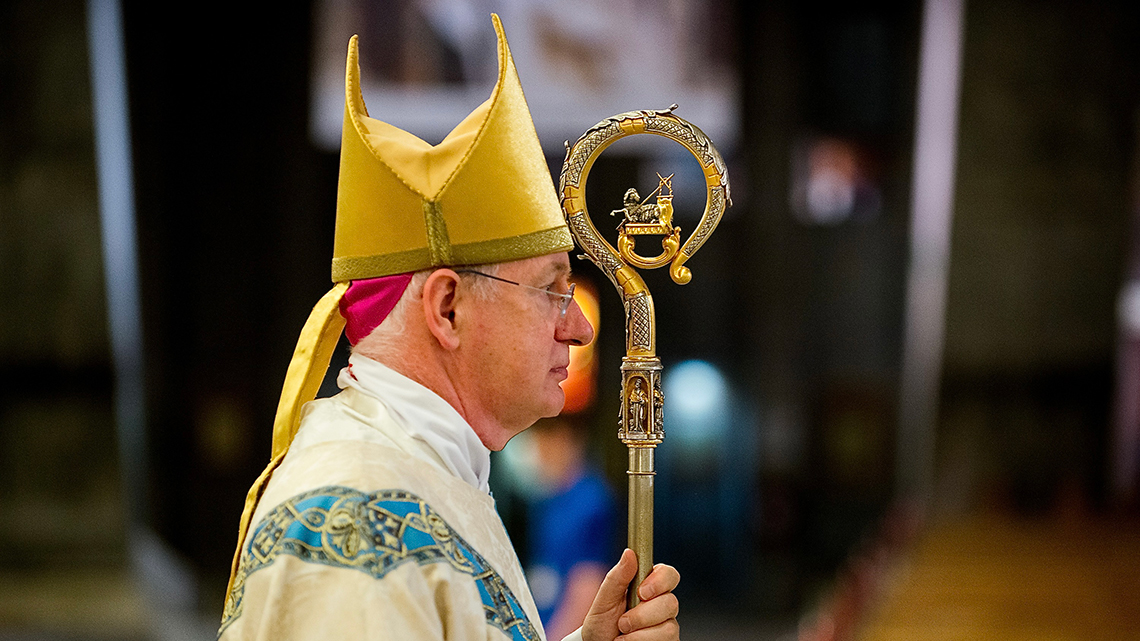Foreword by Bishop Richard Moth, Chair of the Department for Social Justice, Catholic Bishops' Conference of England and Wales.

Questions related to taxation and government spending are hotly contested in the political sphere.
It may be thought that the Catholic Church should keep out of such debates and leave them to politicians. However, as was said at the presentation of the Compendium of the Social Doctrine of the Church by Cardinal Renato Raffaele Martino: “The Church is an expert in humanity”. And so, the light of faith, scripture and tradition can and should help us understand better how to address challenges in the area of politics and economics. When entering these arenas, however, the Church’s moral teaching has to be blended with technical expertise and practical wisdom.
It is in this spirit that the Department for Social Justice offers this new document on taxation. The authors have been chosen to provide a range of views so as to promote debate on, and better understanding of, this important subject. All the authors employ Catholic social teaching and their own expertise to help us understand how we can engage in debates about taxation and the role of government in economic and social life. We are very grateful to the authors of the different chapters, who come from many different walks of life.
In the first part of the document, the authors focus more on issues of principle. In the second part, there is a set of reflections in which authors look at more practical challenges such as tax avoidance and evasion; inter-generational justice and government borrowing; taxation and the family; the importance of employers paying a just wage; and the provision of welfare.
For many reasons, this is a challenging time for governments across Europe, and difficult decisions may well have to be taken. It is vital that such decisions are informed by Christian moral teaching. We need the contributions of so many Catholics who work to promote the common good in the world of politics, guided by the Church’s teaching and by careful consideration of the complex issues they are working to address. As the late Pope Francis wrote, politics is a “lofty vocation” and one of the highest forms of charity insofar as political activity seeks the common good.1
__________
<< Back to ‘Render Unto Caesar’
__________
[1] Pope Francis, Evangelii Gaudium (2013) 205. This sentiment was also repeated in his encyclical letter Fratelli Tutti.